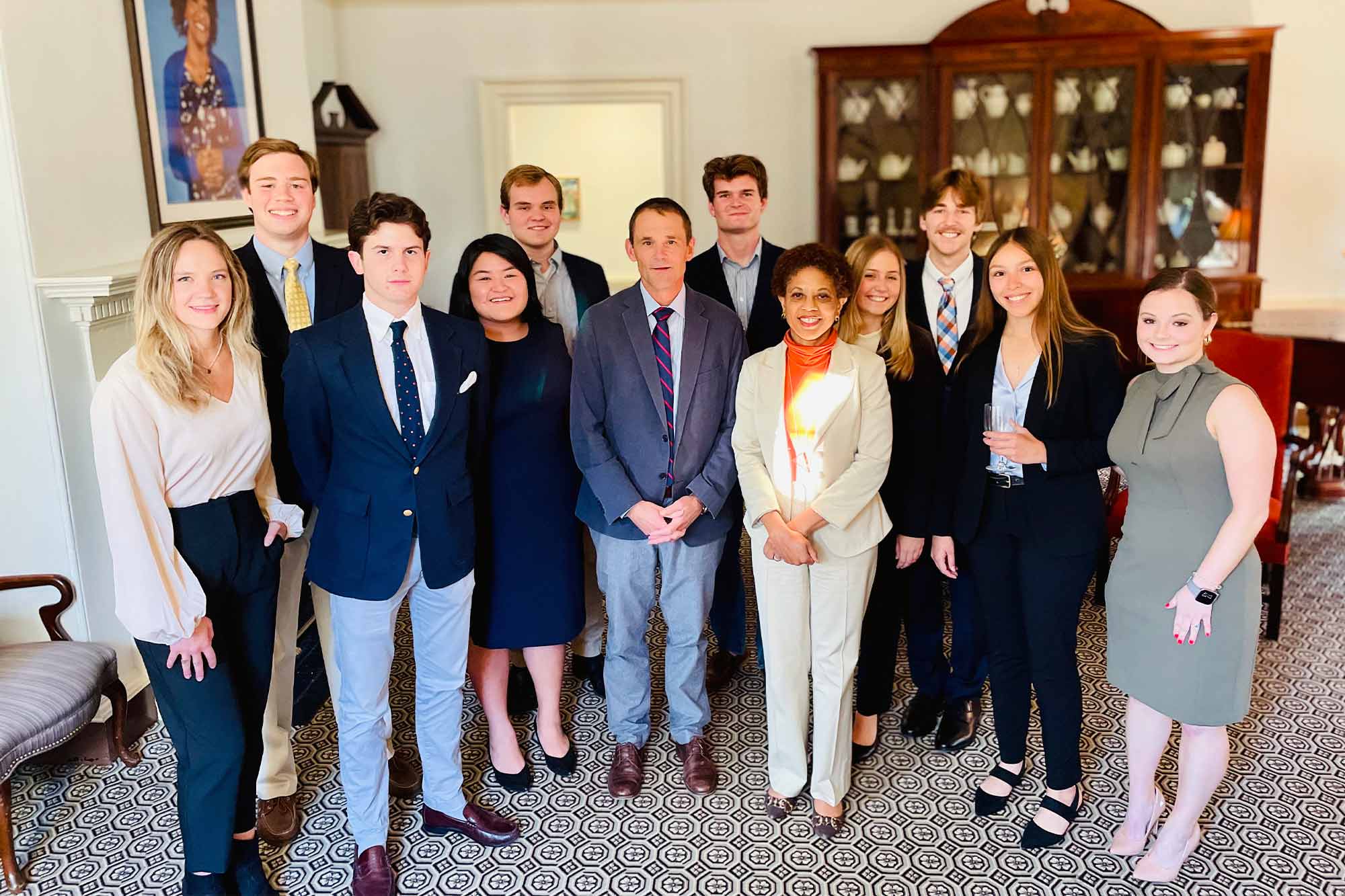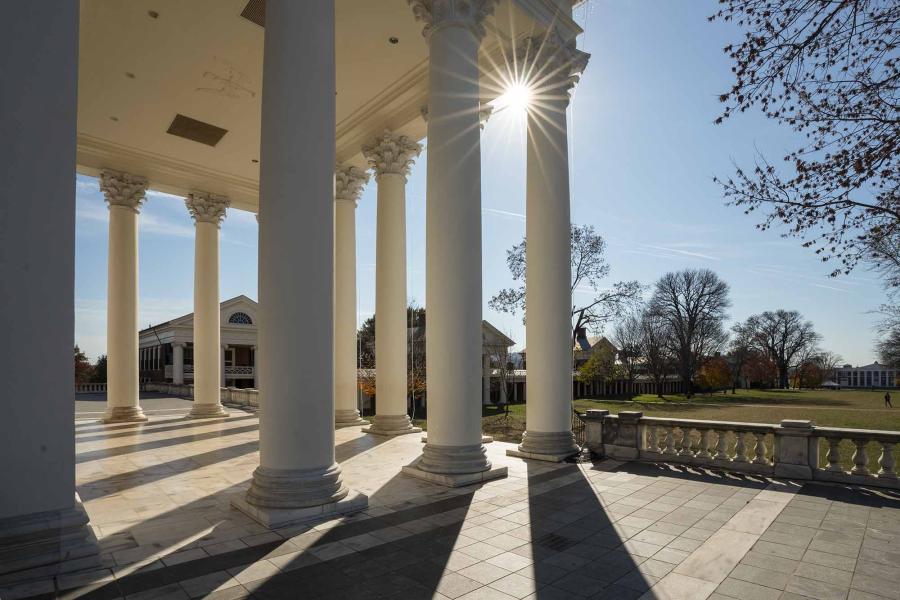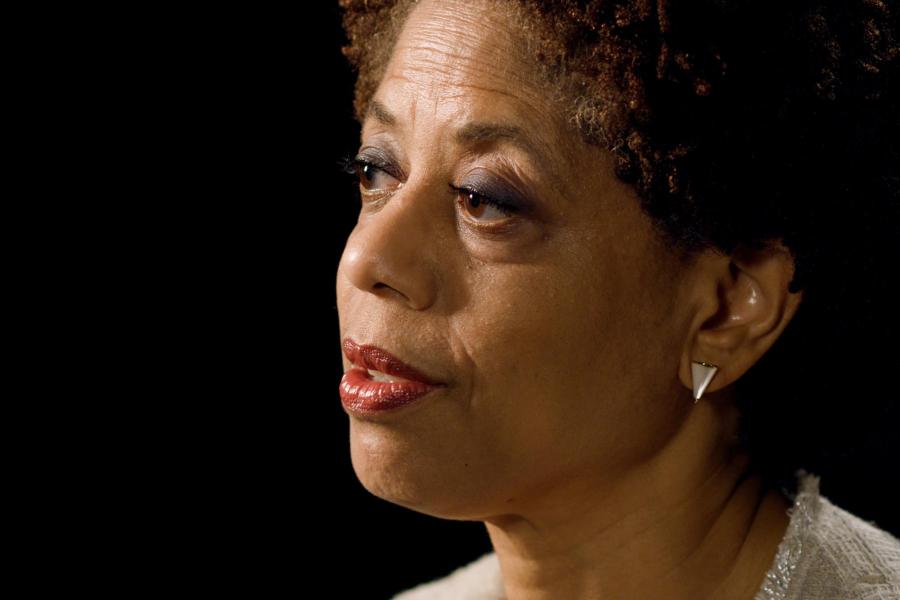Shared spaces used to be commonplace among UVA’s main student political groups. Rojas, upon her election to the executive board last year, researched the history of the two organizations and found annual University Democrats vs. College Republicans kickball games and other joint events.
That all changed around the 2016 presidential election.
“Our relationship kind of fractured to the point where we weren’t really on speaking terms with each other,” Rojas said. “There was no relationship, in summary. I knew that wasn’t good and, just seeing the polarization within the club itself, I was like, ‘It would be really, really nice if we could fix this and figure out a way to bring a relationship back.’”
Her mission started in conversations with then-College Republicans President Libby Klinger and continued with Forys, Klinger’s successor.
Rojas and Forys began their first steps toward the “Talking Across Differences Student Dinner” over a Bodo’s Bagels lunch meeting at the beginning of the fall semester.
“We found out how similar we were,” Forys said. “Here was someone else who cares a lot about politics, cares a lot about campaigning issues, things like that. We also learned that our clubs face similar challenges and are mirror images in a certain [way]. So, despite maybe disagreeing on policy or something like that, our interests lined up in a fascinating way.”
The meeting reaffirmed Rojas’ passion to make a formal connection between the two organizations. With the help of Karsh Director of Programming Stefanie Georgakis Abbott, the dinner was arranged.
After some ice-breaking exercises – “We said five things about ourselves that weren’t political,” Rojas said – the evening flowed smoothly.
Sure, Democrats and Republicans were at the table, but the participants realized they were UVA students first.
“It was about getting to know the people around you,” Rojas said. “The person that you think is your enemy might not necessarily be. And you’re going to find that you agree with a lot more than you think you might.
“They’re just your fellow student. I think when you get to know somebody, you treat them a lot better. It’s a lot harder to call somebody a name or to demonize somebody when you know them.”
Rojas and Forys said they want to plan another event in the near future. They agree that positive experiences between the University Democrats and College Republicans can set an example throughout Grounds and beyond.
“There’s definitely been a big problem recently where people are willing to end social relationships over politics,” Forys said. “I think that’s making the problem worse because now, more and more, people are only encountering people of their own political persuasion. You unfollow your relative who’s saying too much stuff that you disagree with online.”
Forys said that’s not how the world works.
“You can’t shut out everything that you disagree with,” he said. “There’s a broader thing here. Of course, politics is very important to me and of course I have strongly held beliefs and things like that, but, at the end of the day, we are all Americans. And in this instance, we’re all students at the same university.
“So that’s something that has to be kept in mind as a higher-level thing. We’re all Americans. We’re in this for the country to do well.”




